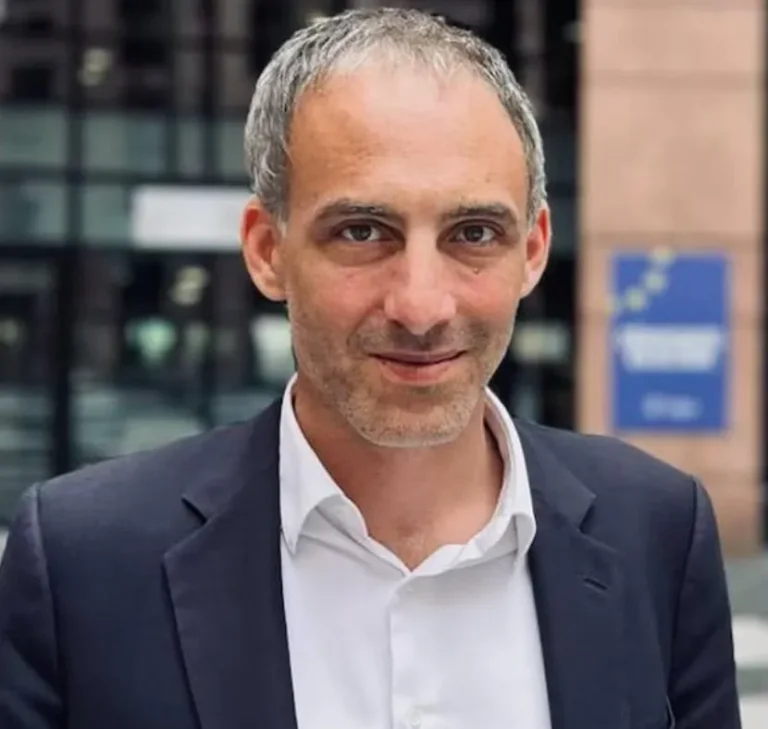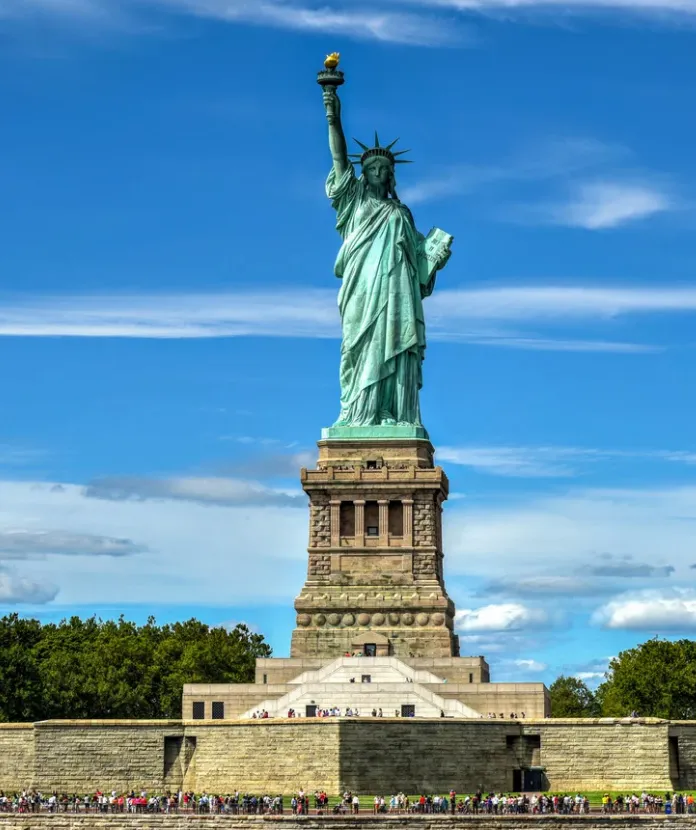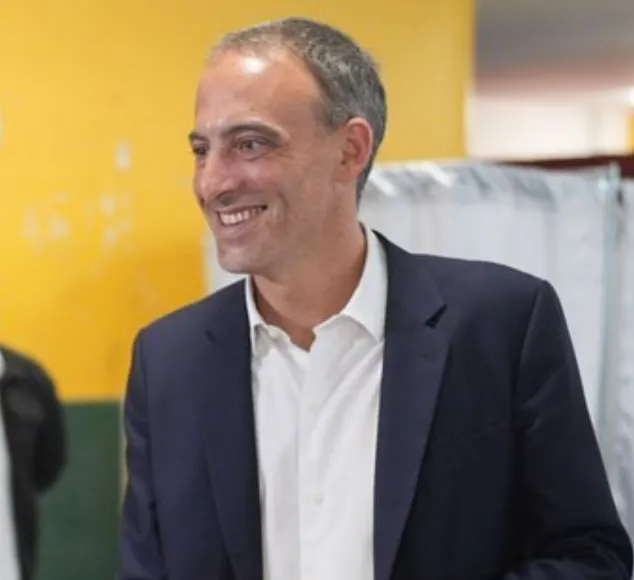
Cover 8
The international community reacted when French politician Raphaël Glucksmann sparked controversy by calling for the United States to return the Statue of Liberty to France.
The iconic monument, officially known as “Liberty Enlightening the World,” was given to the U.S. by France in 1886 as a symbol of freedom and the strong bond between the two nations.
The statue, which faces New York Harbor, was conceived by French sculptor Frédéric Auguste Bartholdi, who worked under the guidance of French anti-slavery activist Édouard de Laboulaye.
At a Place Publique convention, Glucksmann passionately argued that America had abandoned the core values embodied by Lady Liberty.
“You received this gift from us, yet you show contempt for it,” Glucksmann declared, finishing his speech by asserting to his audience that America would manage just fine without the immigration symbol.
The ongoing Ukrainian conflict, along with American restrictions on scientific freedom, were central points in Glucksmann’s criticism of the U.S. government. His remarks quickly spread across international borders, sparking global discussions about the U.S.’s foreign image, democratic practices, and commitment to human rights.
As the feedback intensified, many observers predicted how the United States might respond to such a direct request.
Society’s reactions to Glucksmann’s statement were divided into two interpretations – some saw it as an indirect commentary, while others viewed it as overly confrontational.
Although Glucksmann did not receive backing from the French government, his remarks drew criticism, as France sought to preserve its diplomatic relations with the United States.
Animosity toward Glucksmann’s demand grew across the nation, as political figures in Washington, D.C. awaited an official response.
White House Press Secretary Karoline Leavitt firmly dismissed any possibility of returning the Statue of Liberty.
When questioned by reporters, Leavitt gave a straightforward reply: “Absolutely not.”
She then heightened the diplomatic tension with a pointed remark, referring to Glucksmann as an “unnamed low-level French politician” in a dismissive tone.
To further escalate the situation, Leavitt emphasized America’s crucial role during World War II, stating bluntly, “It’s only because of the United States of America that the French are not speaking German right now.”
Her comments underscored the United States’ vital role as a liberator of France during its Nazi occupation.
The White House’s firm stance on the issue drew international attention, reigniting discussions on historical alliances, national pride, and global political perspectives.
The diplomatic dispute has triggered modern debates about how the statue’s symbolism continues to affect its position on American land despite remaining there permanently.
Observers continue to ponder a fundamental inquiry stemming from this political debate which probes America’s situation regarding its role as democratic and free liberator.
The combination of this unplanned demand and the White House’s forceful reaction to it has produced an extraordinary development in the historical journey of the Statue of Liberty as seen by other nations worldwide.
Feature Image Credit: (Instagram/karolineleavitt) (Instagram/raphaelglucksmann) and (CanvaPro)









